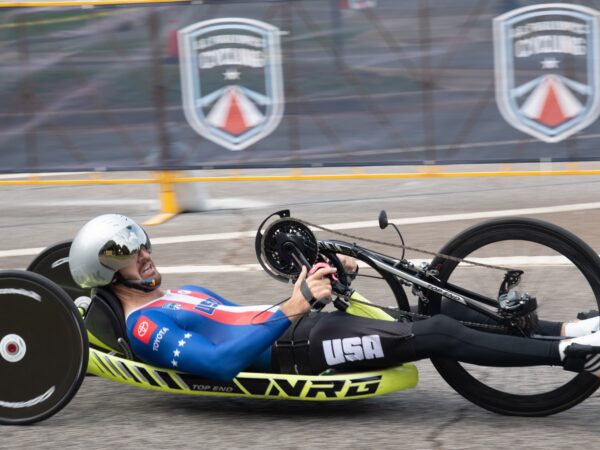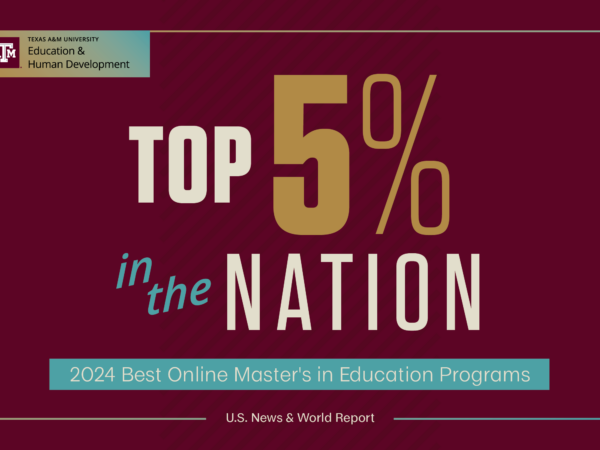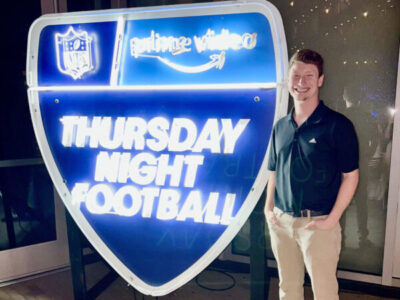Texas A&M sport researcher explores what makes fans attend more games
A Texas A&M sport management researcher found significant direct effects of a fan’s loyalty to a team, overall stadium environment and desire to stay at a game on the fan’s intentions to return.
Dr. Hyun-Woo Lee, assistant professor in the Department of Health and Kinesiology, sought to understand how stadium environment – things like crowd size and jumbotron displays – encourages or discourages fans to return for another game.
“People who are already loyal to the game or the team itself that experience the stadium environment will find the experience meaningful,” Lee said. “Depending on their level of loyalty, perceptions about all other peripheral products during the experience — in terms of its composition and the amount of meanings they convey to a fan — can all be different.”
Lee took interest in this subject after reviewing previous studies and finding that other research did not precisely examine the interaction effect of fan’s level of loyalty. Furthermore, other research of fan behavior had taken a cognitive approach, whereas he took an environmental psychological approach.
“I wanted to extend the previous viewpoint from just looking at a cognitive approach and expand it to taking into account environmental factors and people’s emotional reactions, and the roles of those factors on their behavior and intentions,” Lee said.
He gauged participants loyalty using three methods. First, he asked them to rate their own loyalty to a sports team on a scale of one to seven. Then, he asked if they want to be perceived by others as loyal fans. Lastly, he asked if they would continue to be a fan regardless of the team’s ability to win.
“The main methodological approach that we took was looking at how a fan’s loyalty actually moderated the association between the stadium environments and their desire to stay on their future behavior intentions,” Lee said.
Real-world application
By doing this, he concluded that sports marketers should consider how environmental factors appeal differently to fans based on their level of loyalty to the team. He said from a fan’s perspective the environmental cues are not just during a game, it starts with the fan’s travel to a game.
“If they are going to a baseball stadium in an urban area, the moment that they get on a train or they get on a bus they will see banners placed there intentionally to increase the hype for the match,” Lee said.
Traditionally, sport management research helps sport managers and marketers make informed decisions that help the team. However, Lee said fans can benefit from this research too. He says this research highlights how fans and sport managers can make sports a sustainable experience for all.
“It is not just a sport organization leading the culture, but it is also fans building a better culture to enjoy sporting events,” Lee said. “My study and all of my future studies are helping both sides build a healthier and more sustainable culture, for everyone.”
Lee said his future studies will expand on how specific environmental cues appeal to different fans with varying team loyalty.
Learn more about Dr. Hyun-Woo Lee and this research.
About the Writer
Heather is responsible for news coverage in the Department of Health and Kinesiology, as well as the Department of Educational Administration and Human Resource Development.
Articles by HeatherFor media inquiries, contact our Media Relations Coordinator, Ashley Green
Fundraising
To learn more about how you can assist in fundraising, contact Amy Hurley, Director of Development ahurley@txamfoundation.com or 979-847-9455














